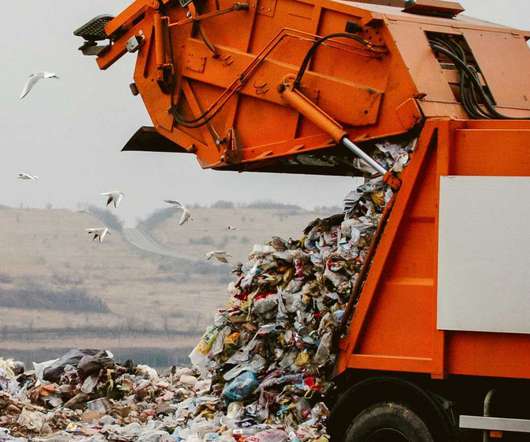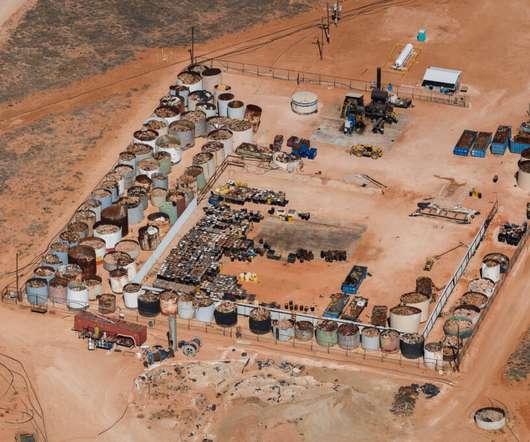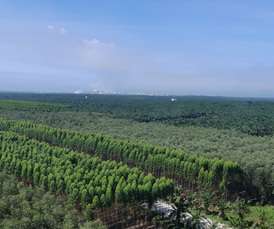How to Select a Sustainability Certification for Your Business
Green Business Bureau
JANUARY 10, 2023
Sustainability certifications are becoming increasingly important for businesses as global leaders, industry experts and the public are taking climate action. Certifications can be issued by government agencies, non-profits or private companies. Green building certifications. OVERVIEW OF SUSTAINABILITY CERTIFICATIONS.















Let's personalize your content